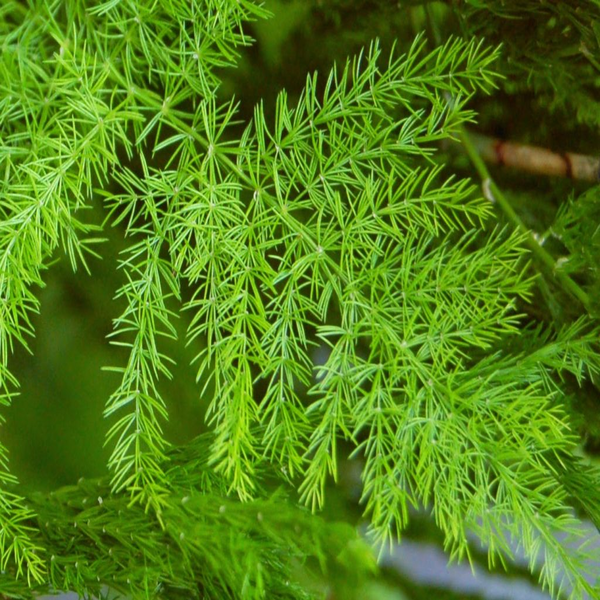Shatawari

Shatawari: Asparagus Racemosus is a rejuvenating Ayurveda herb specially for the female reproductive organs. It nourishes the ovum and increases fertility.
Shatawari is well known nourishing Ayurveda herb so it is specially indicated in malnourished and emaciating conditions. It improves the milk production; increases strength of the body; nourishes the brain and whole nervous system properly. This is also indicated in male infertility. It also delays signs of aging.
Effect on Doshas:
Shatavari is Vata Pitta shamak so useful in many disease.
Ayurvedic Pharmacology of Shatavari
| Rasa | Guna | Virya | Vipaka |
| Madhura, Tikata | Guru Snighdha | Shita | Madhura |
- Shatavari is balaya action, leaves boiled in oil are used for massage in brain disease, vata disorders and weakness.
- Asparagus leaves are used in measles and smallpox.
- This is brain tonic and pain reliever, gives energy to brain and nerves. It is used in epilepsy and syncope and vata disorders.
- It alleviates bleeding disorders.
- It is good cardiotonic.
- It is well known glalactagogue in human as well as animals.
- This herb is a foetal tonic and aphrodisiac.
- Shatavari work as rasayan in threatened abortion, menorrhagia, suppressed lactation and low sperm count.
- It is useful in general debility and muscle strengthener.
- This herb is diuretic used in dysuria and gives strength to urinary bladder.
- It is good eye tonic, useful in impaired eye sight and in many eye diseases.
| Best Recommended Uses |
| For improving lactation Shatawari Powder should be taken with milk daily. Besides improving lactation it will also nourish all the systems of the mother properly. |
| Doses and Useful Parts |
| Powder of roots: 3-6 gm; Decoction of roots: 50-100 ml; Juice of freshly collected Shatawari: 10-20 ml |














